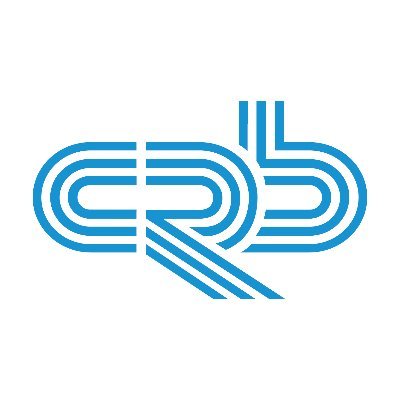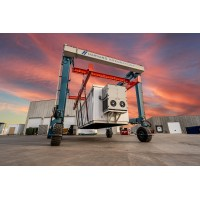Description
Xona is building the next generation of satellite navigation — a high-performance, resilient alternative to GPS powered by a commercial constellation of low Earth orbit (LEO) satellites. We are on a mission to unlock a new era of autonomy, advanced mobility, and infrastructure resilience by delivering precise, secure, and robust positioning services to the world.
We’re not here to incrementally improve GNSS. We’re here to redefine it from the ground up.
As a Mechanical Engineer, you’ll play a critical role in designing and developing cutting-edge spacecraft subsystems and components. You’ll work alongside experts in Electrical Engineering, Mechanical Engineering, RF, Thermal, and AI&T to create innovative, reliable systems. From concept to manufacturing, testing, and integration, you’ll be responsible for ensuring your designs are optimized for real-world performance.
What you'll be doing:
- Design spacecraft subsystems: Take ownership of mechanical design for various satellite subsystems, ensuring they meet both technical and performance requirements.
- Collaborate across disciplines: Work closely with structural, thermal, and electrical engineers to ensure your designs integrate seamlessly into the overall satellite system.
- Perform analysis and testing: Assist in conducting structural, thermal, and environmental analysis, supporting design validation and testing efforts to ensure your designs perform reliably.
- Develop technical documentation: Present and document new designs clearly, ensuring technical accuracy in design reviews, test plans, and procedures.
- Manage part designs and tolerancing: Use GD&T (Geometric Dimensioning and Tolerancing) to drive part designs and assembly tolerancing, and take ownership of release packages for manufacturing.
- Collaborate with vendors: Manage the production process, working closely with suppliers to ensure parts meet specifications and quality standards.
- Hands-on hardware experience: Be directly involved in testing flight hardware and supporting the troubleshooting and resolution of anomalies—both on the ground and in orbit.
- Contribute to continuous improvement: Participate in lessons learned and root-cause analysis, ensuring systems and processes are optimized over time.
Requirements
- Bachelor’s degree in Mechanical, Aerospace Engineering, or a related field.
- Solid technical foundation: Strong understanding of mechanical design principles, with the ability to problem-solve complex mechanical challenges.
- CAD skills: Experience with CAD software (SolidWorks preferred) and basic drawing and drafting skills.
- Excellent communication skills: Ability to clearly communicate technical concepts in both written and verbal formats (e.g., design reviews, test plans).
- Team player: A collaborative mindset with the ability to work effectively within a multi-disciplinary team.
- Resourceful and proactive: Demonstrated ability to work independently and as part of a team to achieve project goals.
Desired Qualifications:
- Relevant internship or industry experience: 1+ years of hands-on experience (internships, co-ops, or previous positions).
- Experience with GD&T: Knowledge and application of Geometric Dimensioning and Tolerancing (GD&T) for mechanical designs.
- Knowledge of spacecraft systems: Understanding of spacecraft subsystems (solar panels, reaction wheels, propulsion, etc.) and how they integrate into the overall satellite.
- Satellite program experience: Exposure to end-to-end satellite programs, with a focus on mechanical assembly and integration.
- Hands-on assembly experience: Experience designing or supporting the procurement of complex mechanical assemblies (e.g., 30-40 components) in aerospace or a related field.








